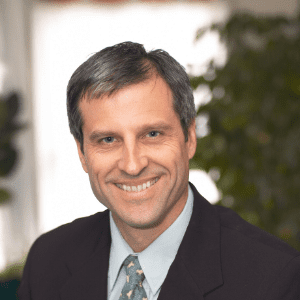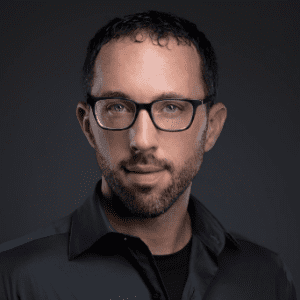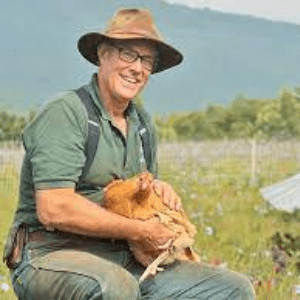Sign up for weekly new releases, and exclusive access to live debates, VIP events, and Open to Debate’s educational newsletters.
- Debates
Features
Topics
Upcoming debates
-
-
-
Live Debate in D.C. President Trump recently enacted a ten percent additional tariff on Chinese imports, citing the need to curb the flow of fentanyl into the United States and to address the substantial trade imbalance between the two nations. In response, China announced retaliatory tariffs on U.S. exports, including a fifteen percent levy on coal and liquefied natural gas and a ten percent tariff on crude oil, automobiles, and agricultural machinery. Those affirming the tariffs are necessary argue they will help American manufacturers by encouraging citizens to buy more domestically produced products and compel China to engage in fairer trade practices. Those who discourage tariffs argue they are a tax on consumers that will lead to higher prices, contribute to ongoing inflation, and will also create a trade war harming both economies and global supply chains. With this background, we debate the question: Was Trump Right to Increase Tariffs on Chinese Imports? This debate will be recorded live on February 18, 2025, at the Council on Foreign Relations in Washington, D.C., and will be released publicly on February 28.Friday, February 28, 2025
-
- Insights
- About
-

SUPPORT OPEN-MINDED DEBATE
Help us bring debate to communities and classrooms across the nation.
Donate
- Header Bottom





















JOIN THE CONVERSATION